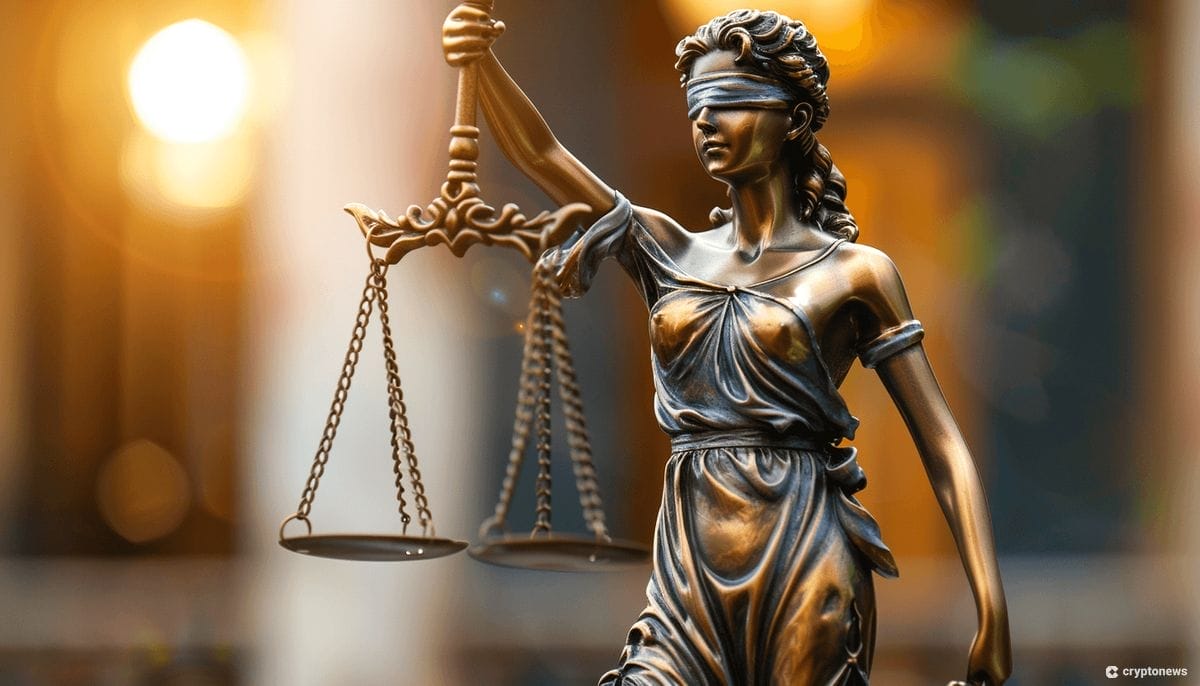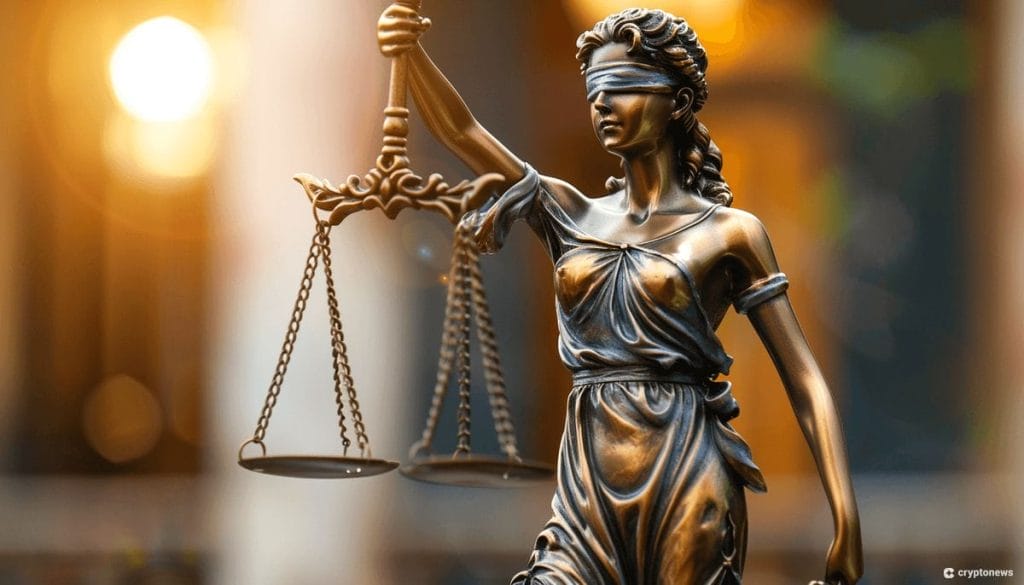
The United States Securities and Exchange Commission (SEC) has not definitively classified Solana (SOL) as a non-security, despite retracting its request for a court ruling on the matter as part of its ongoing lawsuit against Binance.
In a recent post on X, Jake Chervinsky, Chief Legal Officer at crypto-focused venture capital firm Variant Fund, noted that there “is no reason to think SEC has decided SOL is a non-security.”
“That they don’t want to do discovery on a dozen tokens in the Binance case appears to be a litigation tactic, not a change in policy,” he added.
There is no reason to think SEC has decided SOL is a non-security.
That they don’t want to do discovery on a dozen tokens in the Binance case appears to be a litigation tactic, not a change in policy.
Note the SEC still calls these tokens securities in the other exchange cases.
— Jake Chervinsky (@jchervinsky) July 30, 2024
SEC Seeks to Amed Complaint in Binance Case
Chervinsky’s remarks came in response to the SEC’s latest court filing, which sought to amend its complaint regarding “Third Party Crypto Asset Securities.”
The SEC’s updated stance indicated that it no longer seeks a judicial determination on whether the tokens listed in the lawsuit, including Solana, are securities.
Supporting Chervinsky’s perspective, Miles Jennings, General Counsel and Head of Decentralization at a16z Crypto, and Justin Slaughter, Policy Director at Paradigm, also expressed their views on the matter.
Slaughter cautioned against overinterpreting the SEC’s recent filing, stating that it does not signify a definitive decision on Solana’s security status.
A lot of people are overreading this filing. The SEC is not saying that it will not longer take the position that Solana and the other tokens are not securities, but merely that it won’t see to prove such tokens are securities in this, the Binance case. https://t.co/gJKSodERL7
— Justin Slaughter (@JBSDC) July 30, 2024
Jennings further elaborated that Judge Amy Berman Jackson had set a high threshold for establishing the Howey test in the Binance case, which may have influenced the SEC’s decision to retract its request.
“Obviously, I’m speculating about their political motive, but that speculation is informed by information I’m privy to about the SEC’s behavior behind closed doors,” he added.
The SEC’s lawsuit against Binance named several tokens, including Solana, Binance Coin (BNB), Cardano (ADA), Polygon (MATIC), The Sandbox (SAND), Decentraland (MANA), and Axie Infinity (AXS), as securities.
At various times, the SEC has identified at least 68 tokens as securities, impacting over $100 billion worth of cryptocurrencies in the market.
7 U.S. States Challenge SEC’s Crypto Regulations
As reported, a coalition of seven U.S. states has come together to challenge the Securities and Exchange Commission’s (SEC) regulation of cryptocurrency.
Led by Iowa Attorney General Brenna Bird, the states have filed an amicus brief arguing that the SEC’s attempt to regulate cryptocurrencies constitutes a “power grab” that would stifle innovation, harm the crypto industry, and exceed the agency’s authority.
The coalition includes Arkansas, Indiana, Kansas, Montana, Nebraska, with Oklahoma becoming the latest state to join.
Earlier this year, SEC Commissioner Hester Peirce said that the regulatory agency is currently operating in an “enforcement-only mode” when it comes to the regulation of cryptocurrencies.
Peirce, known for her crypto-friendly stance among the SEC’s five commissioners, acknowledged the burden placed on industry participants who constantly worry about avoiding legal disputes.
“If we had clearer rules, you could focus on building,” she said.
Last week, the SEC closed its three-year investigation into Hiro Systems.
The agency’s conclusion of the investigation comes just a day after it closed a separate case involving stablecoin issuer Paxos, marking another instance where the regulatory body has opted not to pursue enforcement actions against crypto entities.















